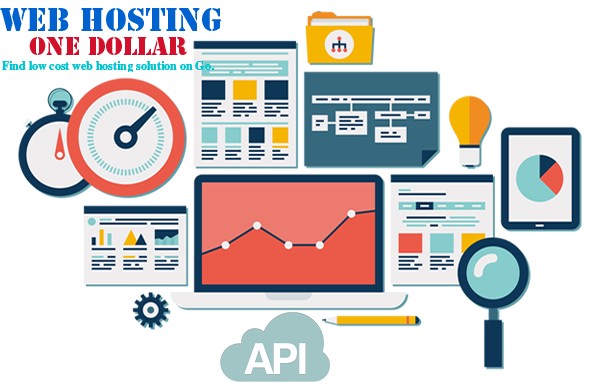
Have you ever noticed how platforms like Facebook and Google+ made possible to expand their business across the other platforms? These giants made it possible by making their APIs (Application Programming Interface) public. Thus, developers across the globe can join and access their contents and data to get a personalized experience. In return, more traffic is attracted towards these social media platforms. Few APIs are not free, you need to purchase them as a monthly or yearly service. While APIs like Google Maps are free for the open source projects and licensed for paid applications. And, then comes the e-commerce APIs. E-commerce platform requires lots of work since it has a long list of categories, shipping, tax calculations, order management, confirmation and subscription emails, messages etc.
An e-commerce API is a way of promoting your contents and functionalities of your product in the form of programming. Even, third-parties can leverage these APIs to manage their platform. Let’s explore:
Catalog API :
Since e-commerce websites offer a wide range of product on their platform and maintaining such huge lists is a very hectic task. In e-commerce, a catalog API assist retailers to manage their products. They can add, remove, update the price or quantity of products. Through APIs, vendors can update these products in seconds with other included services like inventory management and analytics.
Chatbot API :
Introduction of automated voice or text-based chatbots have already saved a lot of upfront costs and time of customer support or sales team. For an effective customer engagement, it is compulsory to respond faster to customers queries as they don’t prefer to wait for long. And here comes the chatbot which is designed to assist your consumers and visitors 24*7.
Development of these machine learning powered chatbots is very complex and time-consuming task since it requires a bunch of codes and time. But thanks to cloud technology for making it easier to adopt technologies from any corner of the Earth. Platforms like AWS Lex, Azure Bot service, DialogFlowcloud allows you to develop such automated chatbots quickly. You just need to provide conversation data. You can go through AWS Technical Essential Training to understand how to patch these APIs to your product.
Payment API :
If your e-commerce website accepts online payments, you need to integrate payment gateway API. There are various service providers like Paypal, banks, Payu etc., available over the internet who offer these APIs and plugins to ensure secure payments on your platform.
Recommendation Engine API :
It has been predicted that the personalization engines used for identifying the customers next step will improve companies profit by 15 percent. Also, only recommendation engines are responsible for 31 percent of the total e-commerce revenues. These tools can analyze a users pattern and surfing behavior to recommend relevant products to them. Thus, implementing a recommendation API in your e-commerce will double your revenue.
DDoS Protection API :
We already know how hackers are leveraging advanced and new tactics to breach your companies environment. Active DDoS attacks can exhaust all your computing resources and lead your website to get down. And, in the result, a significant amount of loss to your organization. So, it is necessary for an e-commerce to introduce strong security walls to avoid this kind of attack. Implementing DDoS protection can prevent such attacks in a precise manner.
One-Time Password API :
If you are running an e-commerce business, then you need OTP API on your platform for sure. It helps in various ways. You need it for authentication during login or sign up, to confirm users’ contact information before delivery, or for promotions or offers. Thus, OTP adds one more layer of security to your product. So, it has become the need of an e-commerce platform to implement OTP service in their product.
Social Media API :
Social media platforms drive millions of traffic in a single day. Organizations can increase their revenue by promoting their products on the social media platforms like Facebook, Twitter, Instagram etc. These platforms send visitors to your website by raising brand awareness to convert them into qualified leads. Thus, integrating social media platforms’ APIs will allow you to share your contents in a single click. It also allows customers to share their views or your contents as a happy promoter.
These APIs will not only fulfill your dream to touch high revenue but also grow your brand’s identity across the globe. Implementing this solution is not necessary but the demand of the e-commerce platform.





